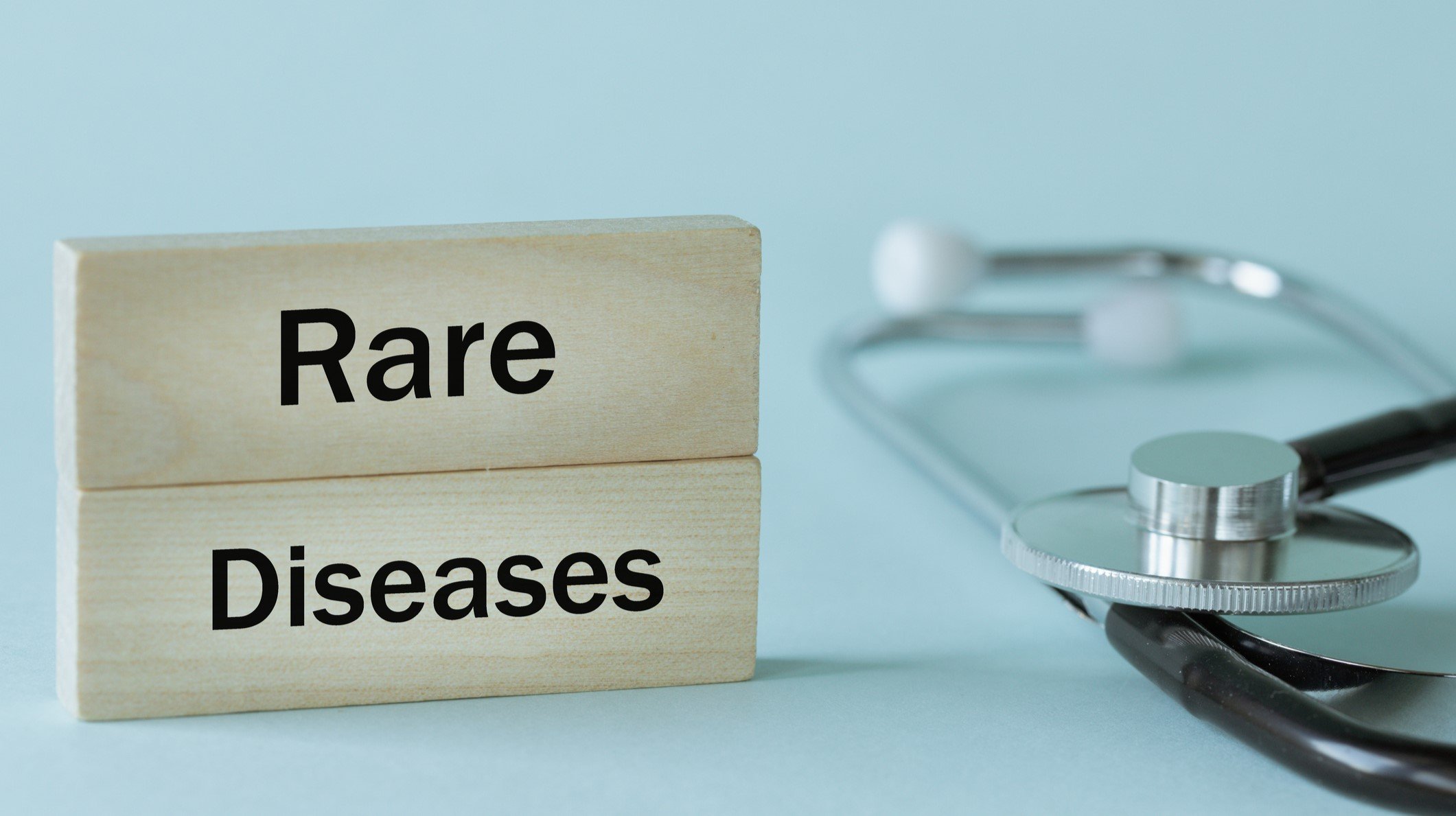Denali, Neurogene and more picked by FDA's 'Operation Warp Speed' for rare disease
04 Jun 2024
Phase 2Gene Therapy

Preview
Source: FierceBiotech
Applicants for the Support for clinical Trials Advancing Rare disease Therapeutics pilot program had to meet certain criteria from the Center for Biologics Evaluation and the Center for Drug Evaluation and Research, which were in charge of selecting up to three sponsors each.
The FDA’s “Operation Warp Speed” equivalent for rare disease will include programs from Denali Therapeutics, Neurogene, Larimar Therapeutics and Grace Science, the companies announced June 3 in separate press releases.
The Support for clinical Trials Advancing Rare disease Therapeutics pilot program, or START, was announced in September 2023. It aims to accelerate rare disease drug development by providing select companies with more frequent engagement with FDA staff who will offer guidance on issues around study design, patient selection and product characterization. Participants work with the FDA to set milestones and success metrics.
Applicants had to meet certain criteria from the Center for Biologics Evaluation and Research (CBER) and the Center for Drug Evaluation and Research (CDER), which were in charge of selecting up to three sponsors each. CBER sought sponsors developing cell or gene therapies for rare conditions that can cause serious illness or death before age 10, while CDER was looking for those with products to treat rare neurodegenerative diseases.
Denali’s program in START is focused on the genetic neurodegenerative lysosomal storage disease mucopolysaccharidosis type IIIA, also known as MPS IIIA or Sanfilippo syndrome type A. Its candidate DNL126 replaces an enzyme that’s missing due to a gene mutation. The drug is currently in a phase 1/2 clinical trial.
Neurogene is participating with NGN-401, a gene therapy for Rett syndrome, a genetic disease that causes brain development in girls to slow during early childhood. NGN-401 is also being studied in a phase 1/2 trial, with interim data expected later this year.
Larimar’s START program evaluates nomlabofusp (CTI-1601) for Friedreich’s ataxia, a genetic condition that affects mobility and cognition starting in late childhood. Interim data from an ongoing phase 2 trial are expected in the fourth quarter of 2024.
Grace’s GS-100, a gene therapy that treats NGLY1 deficiencyNGLY1 deficiency, was also selected for START. NGLY1 deficiencyNGLY1 deficiency is an extremely rare condition that causes a wide range of neurological symptoms of varying severity beginning in early childhood. Grace has treated two patients with GS-100 so far as part of a single arm, dose-finding phase 1/2/3 trial. A third patient is expected to receive treatment later this summer.
“We believe GS-100 has the potential to improve the way drugs are discovered and developed,” Carolyn Bertozzi, Ph.D., Grace co-founder, said in a press release. “The START program will help us not only improve the lives of patients suffering from NGLY1 deficiencyNGLY1 deficiency, but also blaze a trail for other diseases that are both rare and common.”
More announcements about START participants may follow soon. In an email to Fierce Biotech Research, CBER said four participants had been selected for the pilot program, while CDER has selected three. Once the FDA evaluates the initial pilot cohort, a second with more participants may follow, the agency said.
For more details,please visit the original website
The content of the article does not represent any opinions of Synapse and its affiliated companies. If there is any copyright infringement or error, please contact us, and we will deal with it within 24 hours.
Organizations
Indications
Targets
Hot reports
Get started for free today!
Accelerate Strategic R&D decision making with Synapse, PatSnap’s AI-powered Connected Innovation Intelligence Platform Built for Life Sciences Professionals.
Start your data trial now!
Synapse data is also accessible to external entities via APIs or data packages. Leverages most recent intelligence information, enabling fullest potential.



